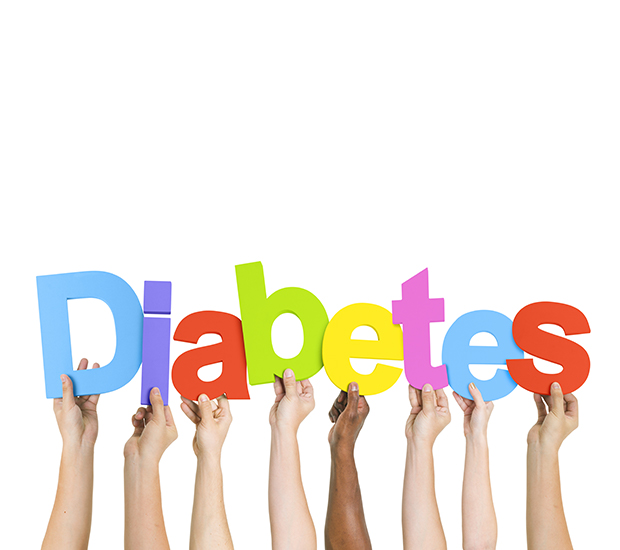What are the Symptoms for Diabetes and Can They be Treated by an Urgent Care Center? Frisco, TX
Diabetes is a common condition that affects both children and adults in the United States. Undiagnosed diabetes can have disastrous effects on our bodies, some of which can not be noticed until symptoms become very obvious. Surprisingly, diabetes that has already been diagnosed can also become uncontrolled and cause the very same symptoms. If you have been feeling the symptoms explained below, it may be time to visit our urgent care center for an evaluation and treatment.
What is diabetes?
Glucose is a sugar found in our blood that is used by many parts of our body for energy. When we eat food, our body processes the food into glucose, and it gets transported into our blood. Then, a hormone called insulin allows this glucose to be absorbed by our body, allowing for the level of glucose to go down. Those who suffer from diabetes have a problem with insulin and absorbing the glucose, causing an elevated level of glucose in the blood. This elevated glucose causes all the symptoms of diabetes.
What are some factors that put me or my child at risk for diabetes?
What are the symptoms of diabetes?
Patients who have undiagnosed or uncontrolled diabetes can experience a variety of symptoms, some of which are listed below:
When the diabetes is left untreated, it can cause severe dehydration and a feeling of dullness or light-headedness.
At its absolute worst, diabetes can cause a condition called diabetic ketoacidosis (DKA). DKA can cause abdominal pain, nausea, and vomiting. This condition can also cause severe symptoms like mental dullness, partial paralysis/weakness of the body, seizures, or even a coma.
Long-term consequences of diabetes can have far-reaching effects ranging from clogging your arteries to nerve damage or kidney damage.
What can an urgent care physician do to diagnose diabetes?
Because diabetes has such a variety of risk factors, the physician will have to take a very detailed history, noting any symptoms, changes in weight and other chronic illnesses or conditions. If you’ve been diagnosed before and are taking medication, the physician will also ask about your current medications, so make sure to bring them along if your medication list is extensive.
An urgent care physician can easily diagnose diabetes if you have obvious symptoms as well as through a test called a “random blood glucose” test. They take a small drop of your blood and instantly measure the glucose in it. If it’s above a certain number, then you will be diagnosed with diabetes.
If your symptoms are not severe or very noticeable because you’ve been dealing with them for so long, your physician might still suspect diabetes and can use other tests to confirm his suspicions.
What can an urgent care physician do to treat diabetes?
If your blood sugar is extremely high and there are severe symptoms at the time of your arrival to the urgent care center, your urgent care physician will give you medication to immediately lower your blood sugar and IV fluids to rehydrate you.
Once your blood pressure is under control, your urgent care physician may prescribe medications for you to take at home that will keep your blood sugar under control. There are many medications available that the doctor may prescribe depending on the severity of the diabetes, side effects of medications, and timing of the administration of the medication (once per day, three times per day, etc.).
In addition to medication, your urgent care physician will educate you on other lifestyle changes you can make that can also lower your blood sugar in the long term. These include changes to your diet, exercise, as well as weight reduction. All of these changes have been shown to make significant improvements in lowering blood sugar and can be paired with medication for the best overall effect.
Since diabetes has effects on a multitude of things besides blood sugar, your physician will also make recommendations based on your medical history. If you feel that you may be experiencing symptoms similar to the ones above, it may be time to visit our urgent care center to receive an evaluation and relief of your symptoms.


